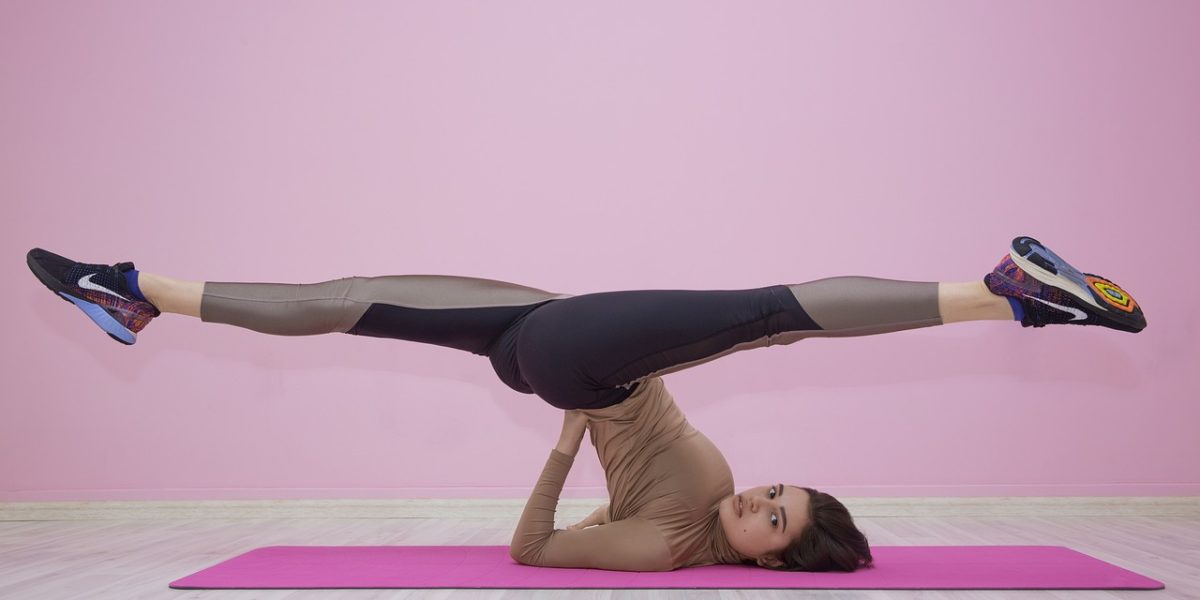
Using Yoga To Combat Stress And Anxiety
Stress and anxiety are two common mental health conditions that affect millions of people living in the United Kingdom.
A recent survey by published by the Mental Health Foundation found that an astonishing 74% of UK adults have felt so stressed at some point over the last year they felt overwhelmed or unable to cope.
Both conditions can dramatically impact your quality of your life and increase the risk of several serious illnesses including depression and heart disease.
Fortunately, there are many effective treatments available for anxiety and stress including yoga.
What is yoga?
Yoga is an ancient practice with roots stretching back to the Indus Valley Civilisation (3300-1900 BCE) in Southern Asia.
Over the centuries, it has become very popular, particularly in India, where it was intertwined with the Hindu faith.
Yoga practitioners use it to improve their physical health and form powerful spiritual connections with the gods they worshipped.
It is a mind-body practice that can calm the mind and provide a sense of serenity, which is useful when combatting feelings of stress and anxiety.
There are many styles of yoga with different poses and intensities available.
However, the most common is Hatha yoga, which is also considered one of the best forms for stress and anxiety reduction.
Hatha yoga traditionally moves at a slower pace and has simple poses, which makes it easier for beginners to learn.
There are three main components of Hatha yoga:
Yoga postures
Hatha yoga uses a series of postures which are designed to increase the body’s strength and flexibility.
Some poses are extremely relaxing, while others can be challenging to master and will push your body to its limits.
Breathing
As you move between each posture, you will be asked to carefully regulate your breathing, taking deep breaths in-or-out depending on the posture being performed.
Breath control is used in Hatha yoga to quiet the mind and help you control your body during each posture.
Meditation
Hatha yoga also incorporates meditation and relaxation.
This part of the session is used to help participants become mindful of their body and to enjoy the present moment without any judgement.
What health benefits does yoga provide?
One of the main reasons for yoga’s popularity is the health benefits it provides, including:
Better mental health
Several studies have found that yoga can improve a person’s mental health.
Researchers suspect it does so by reducing the cortisol levels in the body (cortisol is a powerful hormone that triggers stress).
This reduction in cortisol levels provides a boost to a person’s mood as well as a reduced risk of anxiety, stress, and depression.
Better flexibility and strength
Advanced yoga poses can be physically demanding and are an excellent way to build both flexibility and strength.
After practicing yoga for several months, you will feel much more powerful and agile.
This leads to feelings of confidence which can also relieve stress and anxiety.
Reduced risk of several chronic illnesses
Researchers have discovered that regular yoga practice lowers the risk of diseases like high blood pressure, heart disease, stress, anxiety, and asthma.
Before you start yoga
While yoga is a low impact exercise, it can still be quite tough on the body, particularly if you are currently unfit or dealing with a chronic illness.
If you are a complete beginner, it is best to use a professional instructor to learn the basics of yoga and test your limits in a safe environment.
You should also talk to your health care provider about yoga if you have a chronic illness or medical condition like osteoarthritis, very high blood pressure, balance problems, and back problems.
If you have one of these conditions, it is also important to let your yoga instructor know as they may tell you to avoid certain postures.
Where to start?
The best way to start is to find a beginner’s yoga class in your local area.
However, if you cannot find one, consider using websites and online videos initially.
Try some of the following resources:
- Yoga With Adriene (yoga for stress and anxiety video)
- Sarah Beth Yoga
- PsycheTruth Yoga
- Yoga with Kassandra
- Yoga postures for anxiety
- Yoga Journal
Thanks for reading Using Yoga To Combat Stress And Anxiety.
Do you have a particular yoga posture which relieves your stress and anxiety?
Share it by leaving a comment or dropping me a line.